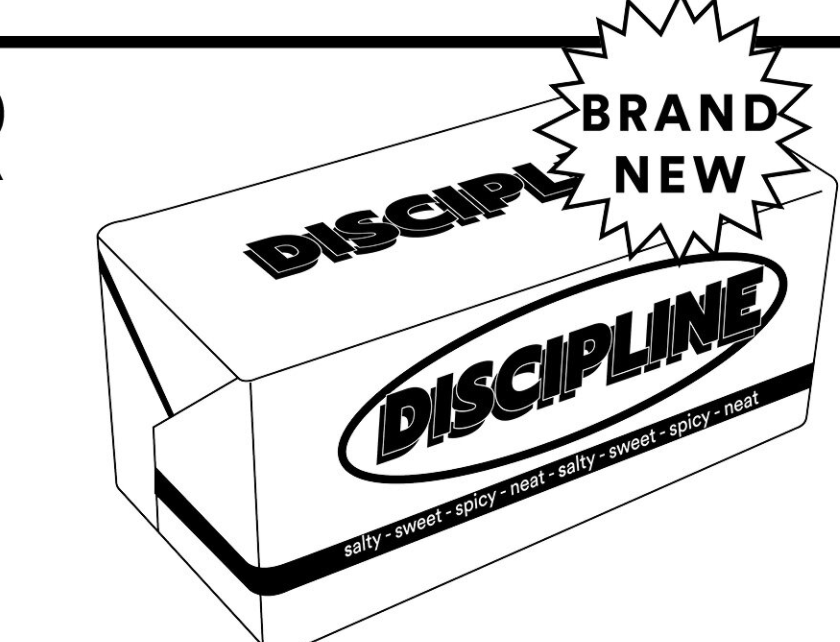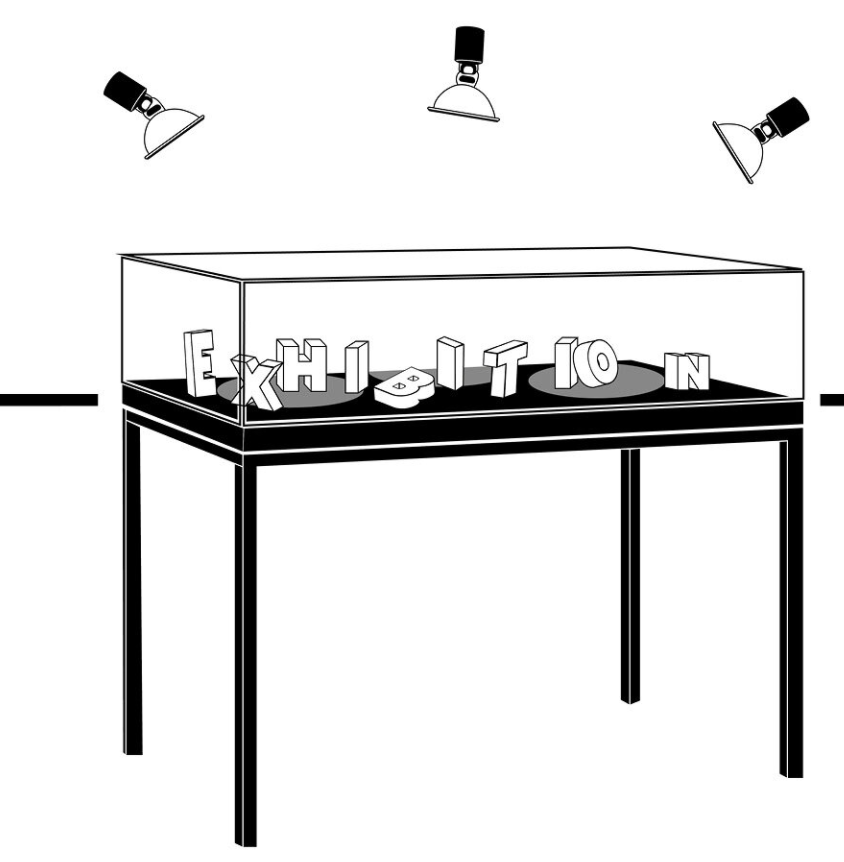“Art education in the UK is still a luxury. With a price tag of around £40,000 to attend and live in London (as quoted by leading London institutions). This level of education is vital for many careers in the arts, with most industry leaders holding claim to it, yet only 10% of the population can afford an MA education. These financial and albeit bias restrictions actively deny some of our brightest potential, and in the year of 2019 why are we still having conversations about institutional education being a privilege.”
M.Y.O.M started in 2017, but it really took off in 2020. The first luxury in studying is taking the time, the price of university is so high it wasn’t an option for me, I had to find another way of spending those 18 month. I knew I wanted to mix things up, something creative but also scientific at the same time. I wanted to develop my practice but I wanted it to be connected as well to the industry.
I did a lot of research, looking up artists, people I admired, I didn’t know any of them personally but I decided to send them an email. I explained the situation, the fact that the price of university was so high and that I couldn’t afford it, and how I had decided to teach myself with the support of professionals in different fields. I sent a lot of emails. A few weeks later I started to get some responses, a lot of the people I had reached out to were sympathetic with my call. Some of them acknowledge they would not have been able to study if the price of university at that time had been as high as it is today. In a way they felt they had the opportunity and they were willing to support someone who didn’t have the same chance. The relationship I created was quite simple, I was asking them to develop a brief for me based on the field they were working on and this would be my task for the next couple of months. I would respond to the brief and they would support me in giving me guidance.
I was never someone who would go and just talk randomly to someone else face to face. I didn’t feel it was about having the confidence but more that I had nothing to lose. At the time I was still working and having a regular income meant I could do that on the side, that gave me a lot more freedom, I wouldn’t have had If I had been at university.
When I opened the program for other people, after having done it myself, part of the criteria was not knowing the discipline they wanted to be part of. This idea that they had to create their own curriculum, outside of the traditional framework. I just provided a structure, I act more as a curator, the question is how to facilitate education, learning without a discipline. I don’t want to impose something, it is a form of mentoring. I am not just asking a question, I am also teaching but, it is a balance between the two.
When I did it for myself, there was no one overlooking what I was doing, nobody to guide me through it. My version was hard. It’s at that point that I imagined a peer group going through this together. The spirit I want to keep is the idea of constant experimentation. One thing I need to remind myself regularly is that the success of this process is entirely on them. Most of the participants who take on that program have faced problems in the past in education or in the industry, they know why they are doing it, they are motivated.
The way it works is, there is no deadline, every week we have a call, either a group call or a one to one mentoring session. They have to keep their foot in the ring. They know it’s one hour phone call every week, they have to make the most of it. Serious deadline may really help, that might be something we develop. The first six months are the toughest, they are transitioning and figuring out what they really want develop. It's a time where they need to explore what they really want to do individually, how they are going to build their curriculum. Defining their own goal is a big challenge in itself. Being able to do whatever you want is a double edge sword. In their eyes it has to be “right” - but it is not a linear process. We only plan things for two month at the time. There is a process of setting the brief, reflecting on what to do and maybe re routing. The vision you have for yourself doesn’t need to be all encompassing.
At the moment the final output is an exhibition, we talk about it all the way, that’s an ongoing discussion. How do you validate your program. I want to push the participants to find their own way of validating their curriculum. I tend to always compare to traditional education but I want us to find our own approach.
Each brief informs the next one, it is about learning what you want to do. What you realise working with various people in the industry is that it is not only about what they do or who they are but mostly it is about the relationship you create with them. I don’t believe in forcing these relationships, it has to be two way traffic. I don’t think it would work if I was the one laying out the rules or contacting the mentors. I don’t have the academic wording, It is about people helping people, learning is a relationship between two individuals, it is as simple as that. You need to do stuff, make it work. I named my own masters:” Anthropological Futures” the idea is about reliability, creating the language that helps you relate to people.
I am not critical of academia, I am critical about access to education, I can’t comment on the quality of education you get at university, I haven’t experienced it. Universities in the UK are so elitist, it is not about talent, it is about privilege. I come from an ex mining town, there is no access to art or education here, I want to create opportunities for young people to look outside. It is not about having fun over a period of time, it is about seeing that it is possible to do something different for yourself.
Talking Stacie about education was really inspiring. It puts in perspective some of the challenges that we face at El Warcha. One particular point that resonates is the idea of self motivation and the notion of: doing what you want to do - or discovering it. As a collective we want everyone to find their own individual path, the workshop should be a platform for people to discover new skills but more importantly find out what they really want to do by interacting with inspiring people.
This article is a synthesis of a zoom meeting with Stacie Woolsey and El Warcha team in June 2020






